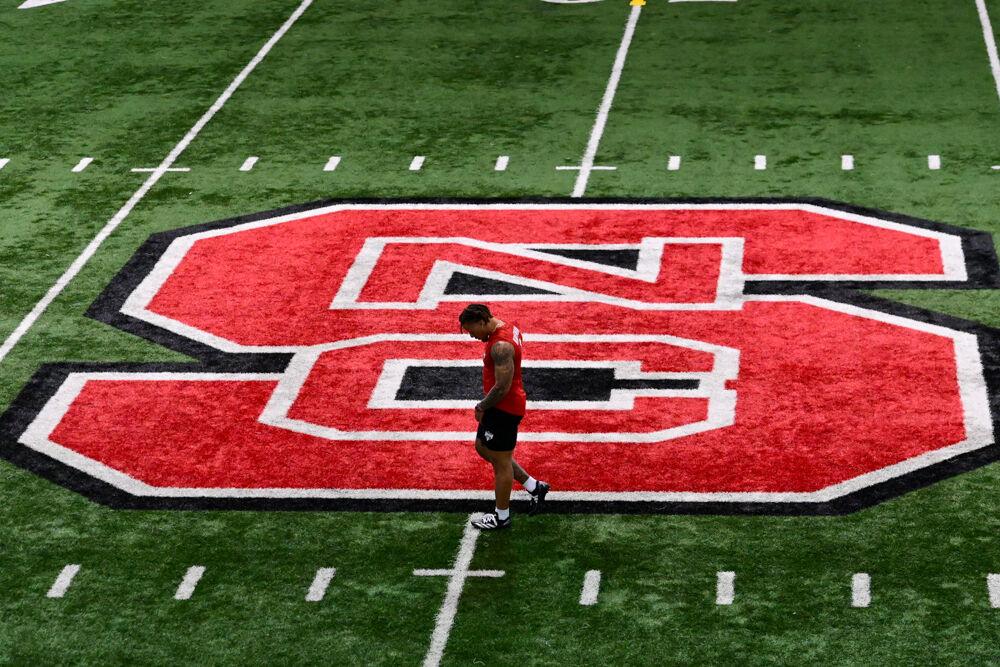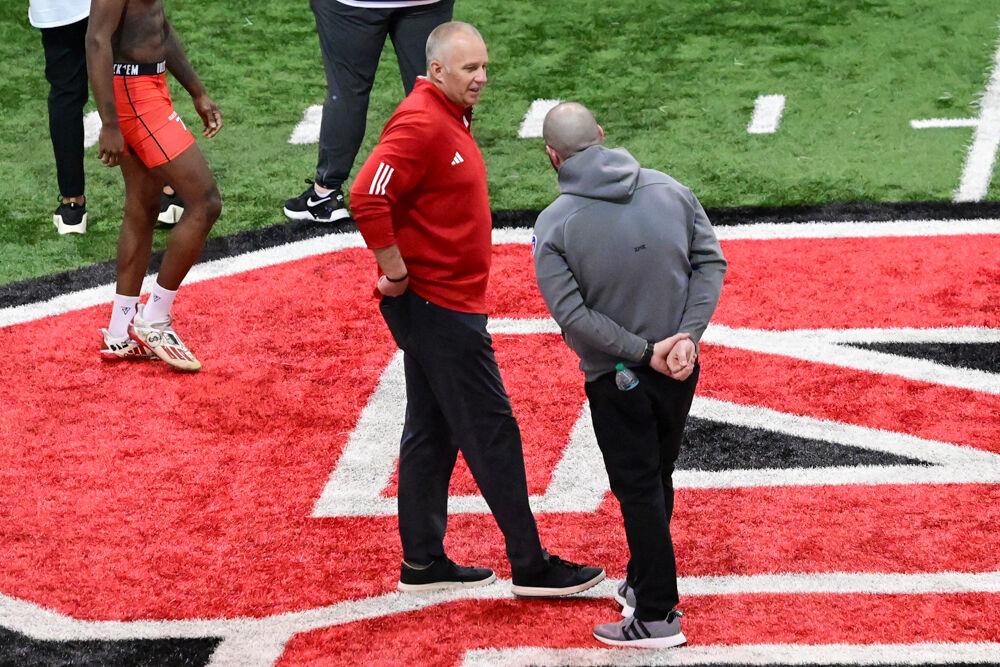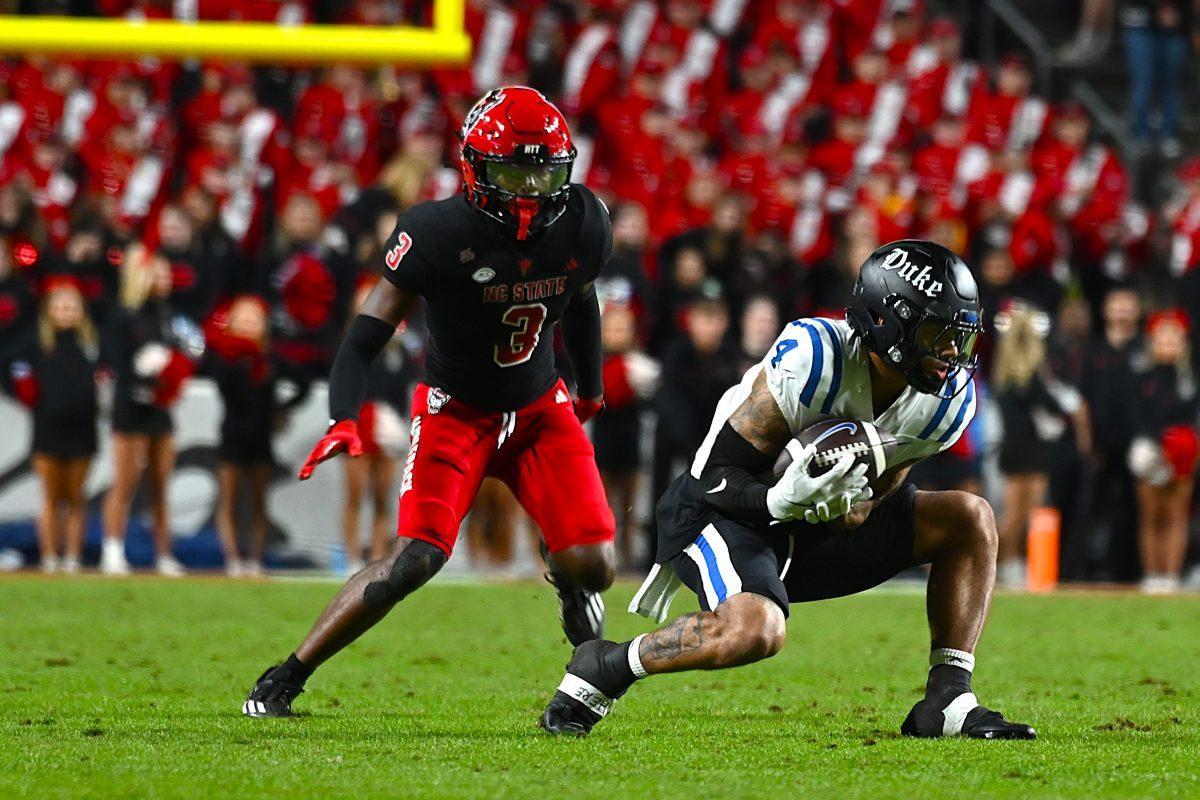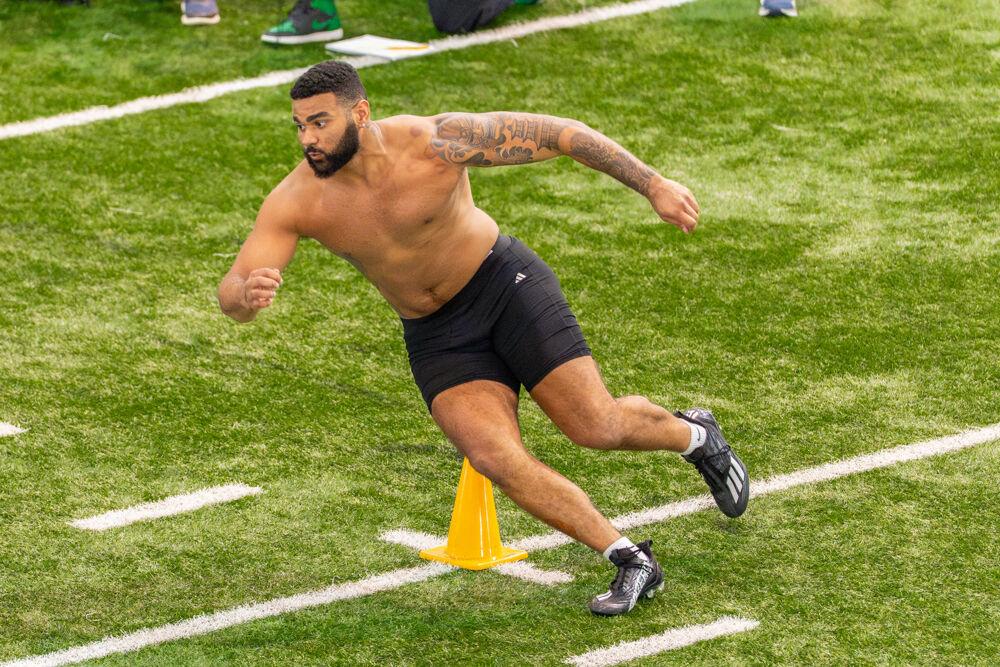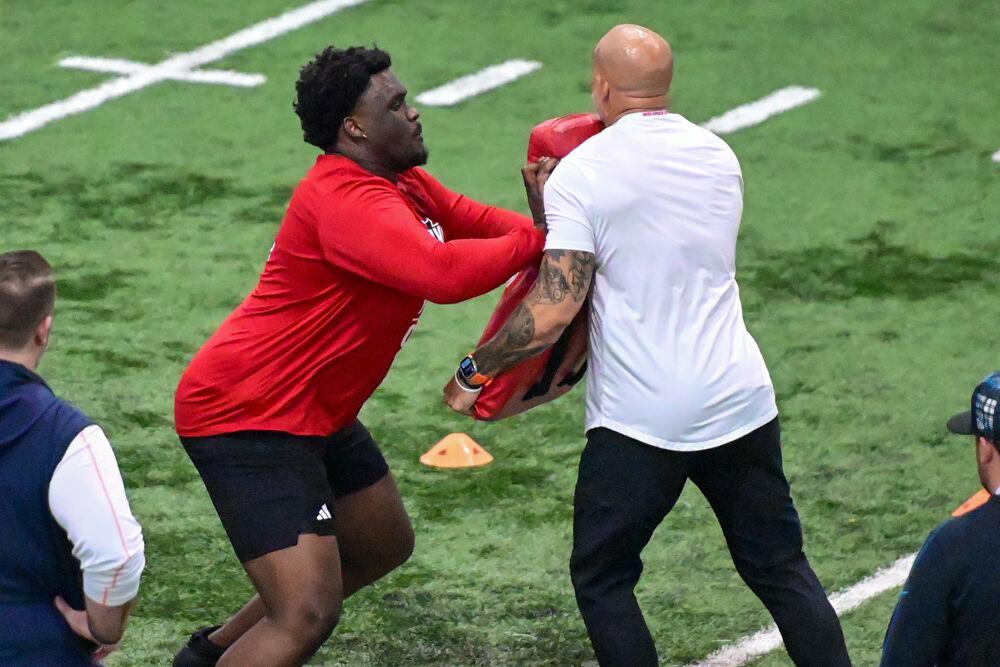If it seems like NFL games have become more complicated and therefore slower and longer to watch, it’s because they have.
The average NFL game has only 11 minutes of live-ball action, which makes sense considering that the majority of the clock is run off between plays, but the increase in game stoppages has caused the total viewing times to increase substantially while the amount of live-ball action has remained the same.
The number of penalties called, official reviews and coaches’ challenges have increased, and it’s making football harder to watch. The root problem that has caused the increase in these game stoppages though, is the NFL rulebook.
The NFL rules have become unnecessarily complicated. Many of these rules were created for a good reason, to maximize players’ safety in an inherently dangerous sport. However, some rules, such as the catch rule, have become more complex, and all they are doing is hurting the game itself.
The catch rule has become much too complicated, and it has led to entirely too many official reviews in the past couple of seasons. There’s already enough official reviews that come about on first downs and scoring plays that with the additional reviews for nearly every catch, football fans have become accustomed to waiting for a flag or a review before they can celebrate. The NFL needs to simplify the catch rule to avoid all these unnecessary game stoppages and to bring more excitement back to big plays.
Player safety rules are obviously necessary in contact sports such as football, and some things are common sense, such as penalizing helmet-to-helmet contact and grabbing of the facemask. On the other hand, the recent trend toward creating rules to protect “defenseless” players has led to more controversial penalties.
Nowadays, defenders have to be very careful to avoid unnecessary roughness and unsportsmanlike calls, while still making split-second decisions in the fast paced game of football.
The addition of these new rules to protect receivers and quarterbacks has put a lot of defensive players in the NFL in a difficult position, and some players on both sides of the ball don’t think that the game is necessarily safer as a result.
Wide receiver Brian Hartline said the new rules encourage defenders to go low to avoid getting called for a penalty, and that this leads to more knee injuries. He said he would rather suffer a concussion than a torn ACL. Safety Michael Griffin agreed that the new rules encourage defenders to tackle low and said that from his perspective, he doesn’t like tackling low either because it makes him more susceptible to a head injury.
The bottom line is that football is a dangerous sport, and no matter what rules are created to make it safer, there is going to be an element of danger involved. When football players sign up to play, they know that they are putting themselves at risk. When a receiver runs a route across the middle of the field, he knows that he’s doing so at the risk of taking a big hit; and fans love to see this. Likewise, kick returners and their blockers know that kickoff plays are dangerous, but a kickoff return for a touchdown is one of the most exciting plays in football.
While it is the league’s duty to minimize these risks, it must do so while preserving the element of excitement that players and fans love so much.
There needs to be more research done on the long-term effects of playing football on players’ brains and bodies, but at the end of the day the sport cannot be made completely safe. It will eventually reach a point where the question will be asked, is it even football anymore? If future research proves that football is too harmful to its players, then they ought to abolish the sport altogether before they turn it into something that is not truly football. There should definitely be rules to protect the players, but without the element of danger that is inherently involved, football is no longer football.
The NFL needs to simplify its rules and perhaps abolish some of its rules altogether in order to bring more fun and excitement back to the game.


